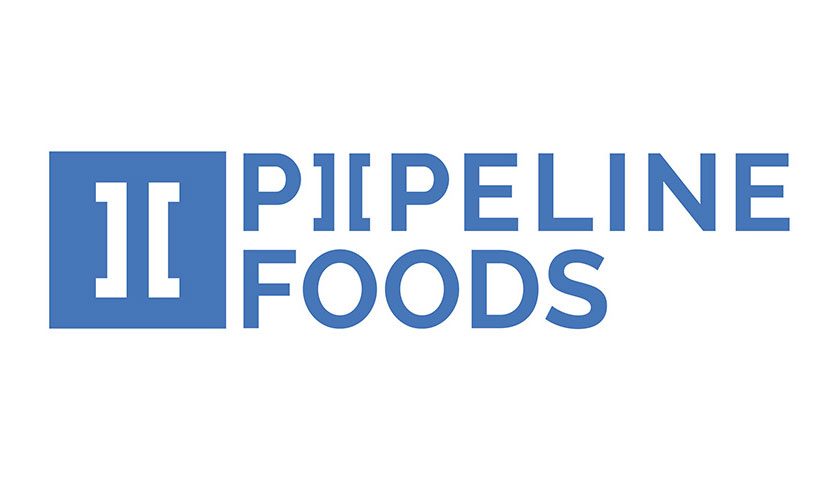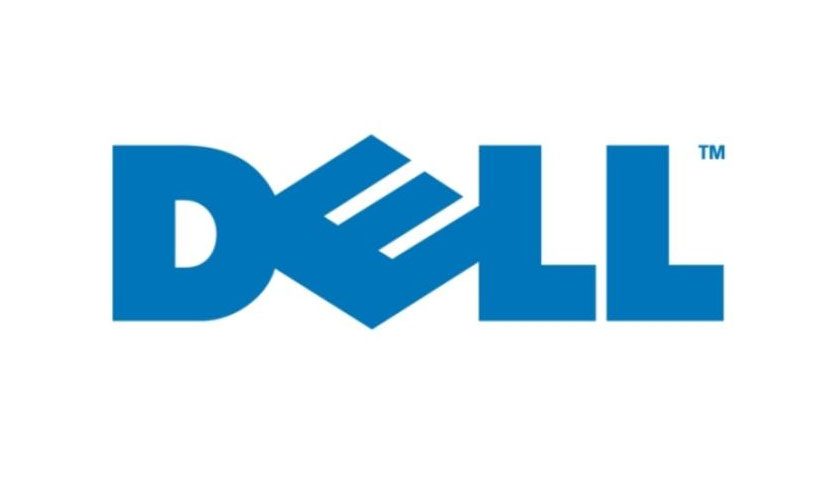Dell is teaming with the Canadian-based non-profit IMPACT to provide women in the Democratic Republic of Congo with business education focused on investing their savings into new entrepreneurship opportunities in their communities.
The announcement came during last month’s annual Dell Women’s Entrepreneur Network (DWEN) Summit in Toronto, where over 150 leading women entrepreneurs, media and Dell executives are gathering to discuss issues and opportunities women entrepreneurs face as they scale and grow their businesses across the globe.
The partnership will provide over 300 women artisanal gold miners in northeastern Democratic Republic of Congo’s Ituri Province with business skills training through IMPACT’s Artisanal Mining Women’s Empowerment Credit and Savings project, known by its French acronym AFECCOR. The AFECCOR project and training is in direct support of IMPACT’s research on women’s economic empowerment in the artisanal mining sector, along with studies from UN Women, detailing the commitment of women to innovate in areas that improve the long-term development and security of their own communities.
The AFECCOR project supports women and men in artisanal gold mining communities in establishing Village Savings and Loans Associations, providing training and monitoring as they grow their savings over a year. After one year, participants are empowered to invest their savings into new entrepreneurial activities—promoting local entrepreneurship and economic security.
AFECCOR specifically targets women’s social and economic empowerment in their homes, at artisanal mine sites, and in the wider community. With Dell’s funding, IMPACT can expand the support it provides to women participating in the project.
“Our research shows that access to secure savings and credit is a major barrier for women to have an equal opportunity as economic actors in the artisanal mining sector. With the support of AFECCOR, women have been putting aside a small amount of money into their savings for the past months—and as that amount increases, so does their confidence in planning for the future,” said Joanne Lebert, IMPACT’s Executive Director.
“Women are now excited about what they can do with their growing savings. Thanks to Dell’s support, we can provide women participating in the project with the skills they need to succeed in their new entrepreneurial activities and supplement their income,” Lebert added.
The training aims to improve the success of entrepreneurial activities, through self-guided analysis and capacity building of business skills. Local civil society representatives will also receive training to deliver the training, allowing for long-term sustainability.
Dell has a long-standing commitment to support women’s empowerment, connecting women entrepreneurs with access to capital, networks and technology to grow their business. The company is also committed to empowering vulnerable communities impacted by the technology supply chain. By operating this project in a remote rural area with high rates of poverty, illiteracy, and poor infrastructure (health, electricity, and financial services), Dell hopes that women will have more opportunity to be part of the formal economy and contribute to peaceful economic development within their communities and the region.
“We constantly look for ways to apply our resources and capabilities to address the greatest needs of communities. The partnership with IMPACT will equip women with entrepreneurial skills and business training to help them support their families and fulfill their potential in a particularly vulnerable part of the world,” said Christine Fraser, Chief Responsibility Officer, Dell.
The Democratic Republic of Congo is known for being rich in resources like gold and cobalt, which are commonly used to make components for motherboards and lithium ion batteries, often found in tech devices and electric cars. As Dell looks toward responsible resourcing and closed loop practices, it also seeks to empower and equip communities with the skills to thrive in a digital economy. By engaging suppliers in due diligence, driving to increase the number of conflict-free smelters and refiners, and working to encourage responsible sourcing from the DRC and neighboring countries, Dell works towards a conflict-free supply chain.
The AFECCOR project kicked off in 2017, with a goal to support women’s empowerment while breaking the dependency of artisanal gold miners who use gold as currency to pay for basic needs and mine site operations. By participating in the AFECCOR project, artisanal miners and community members decrease their reliance on informal credit networks that provide unfavorable lending conditions and move towards selling their responsibly mined gold through legal channels. The project is jointly funded by the European Partnership for Responsible Minerals and Dell. Read more about the AFECCOR project here.



